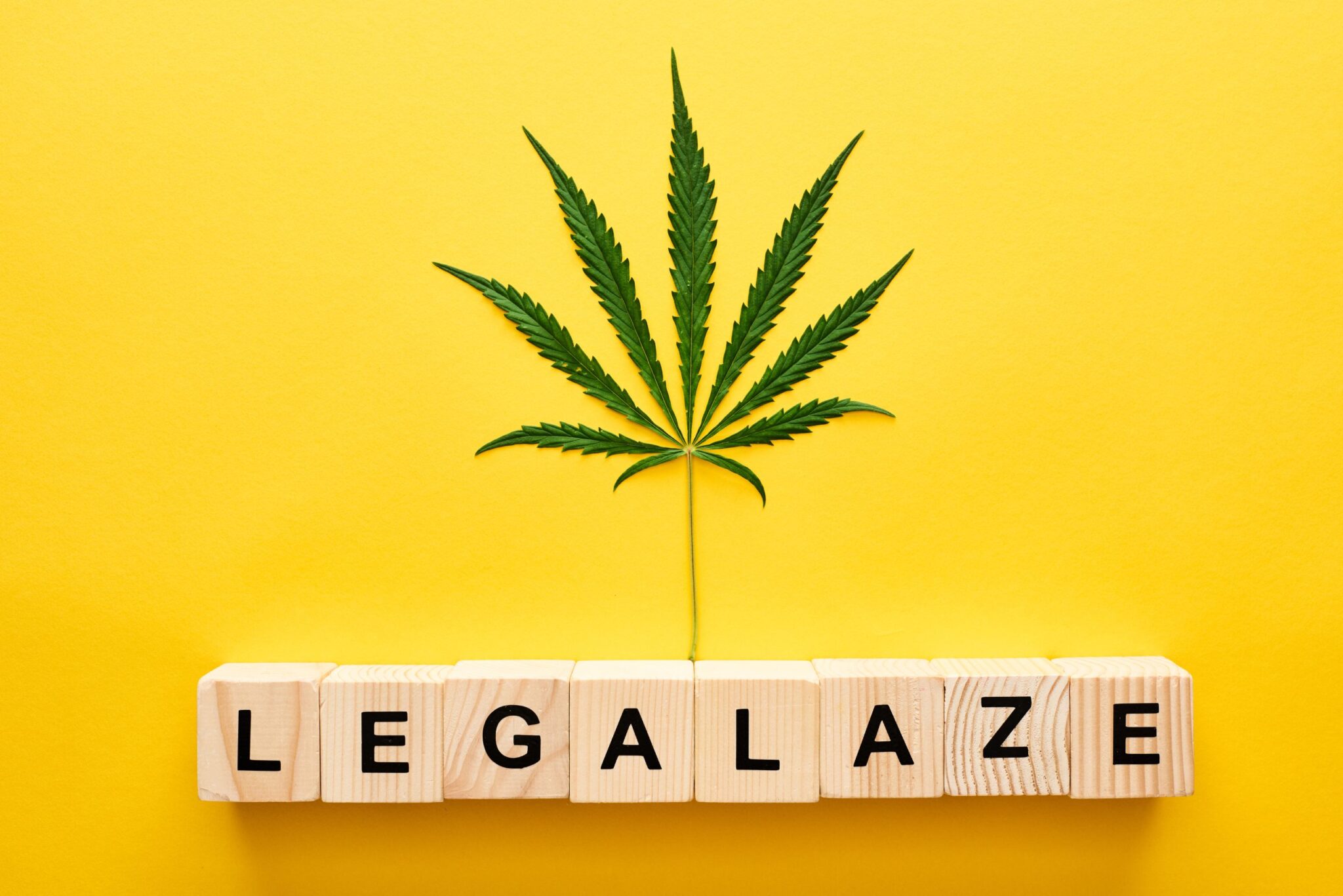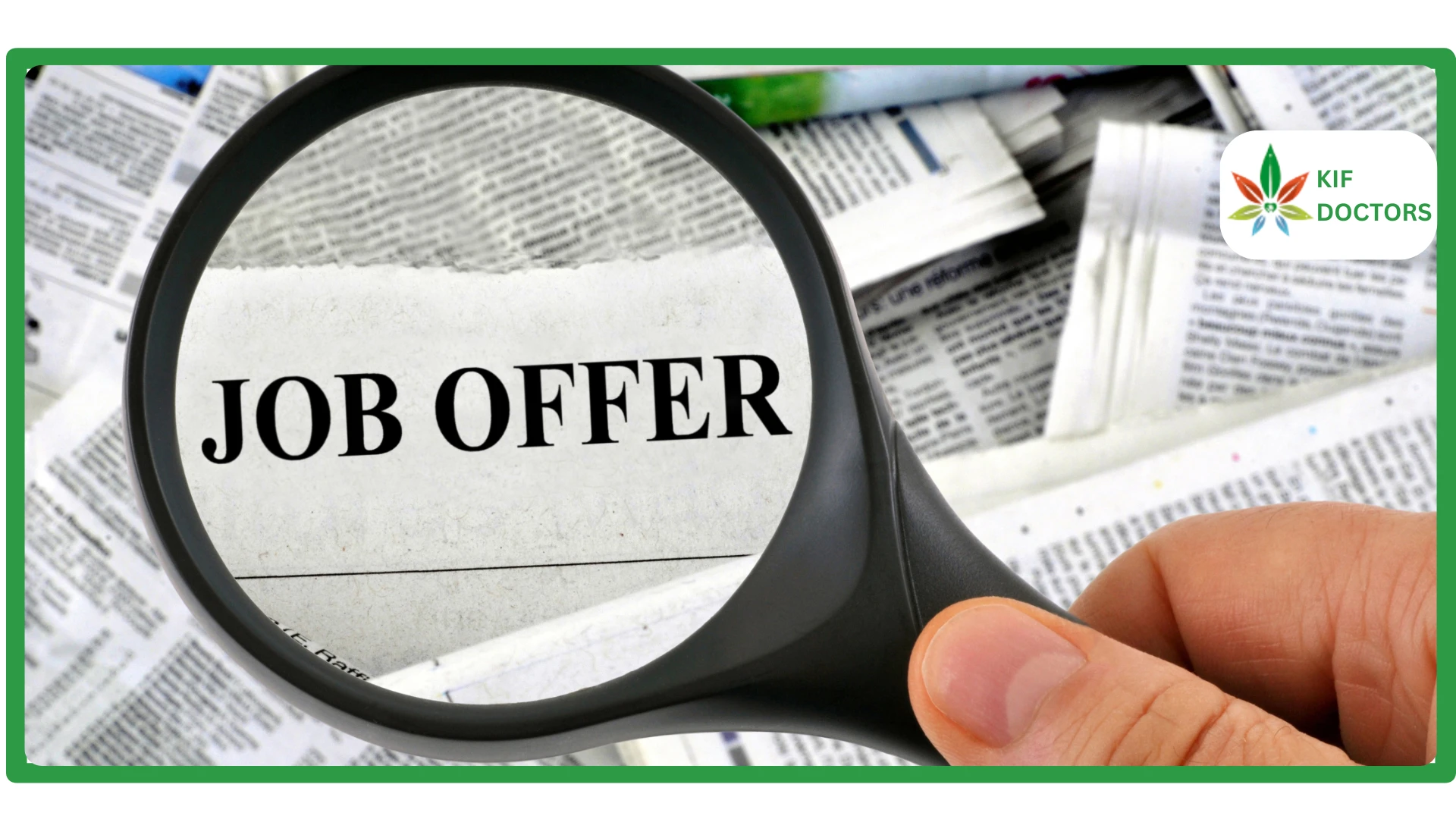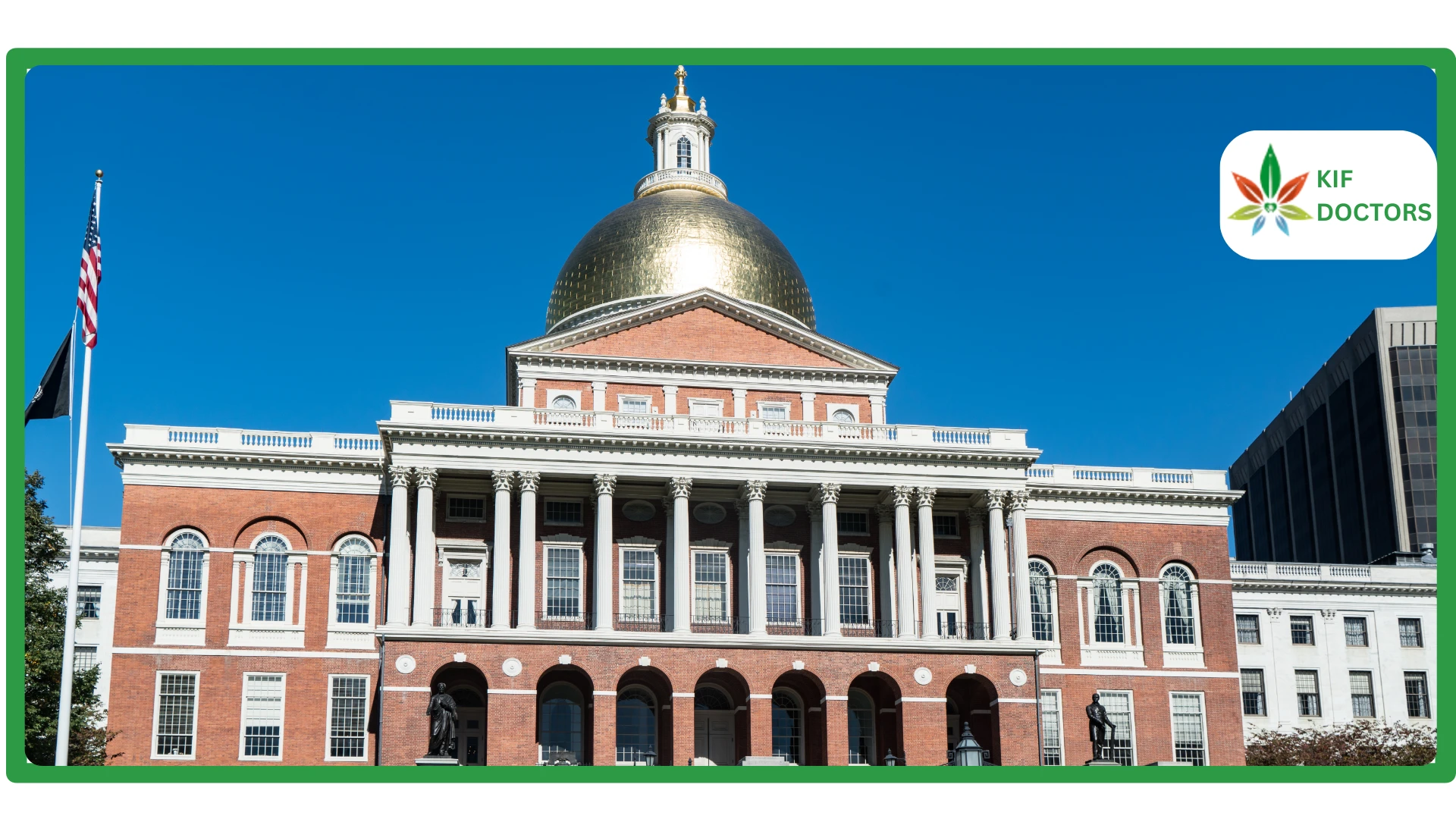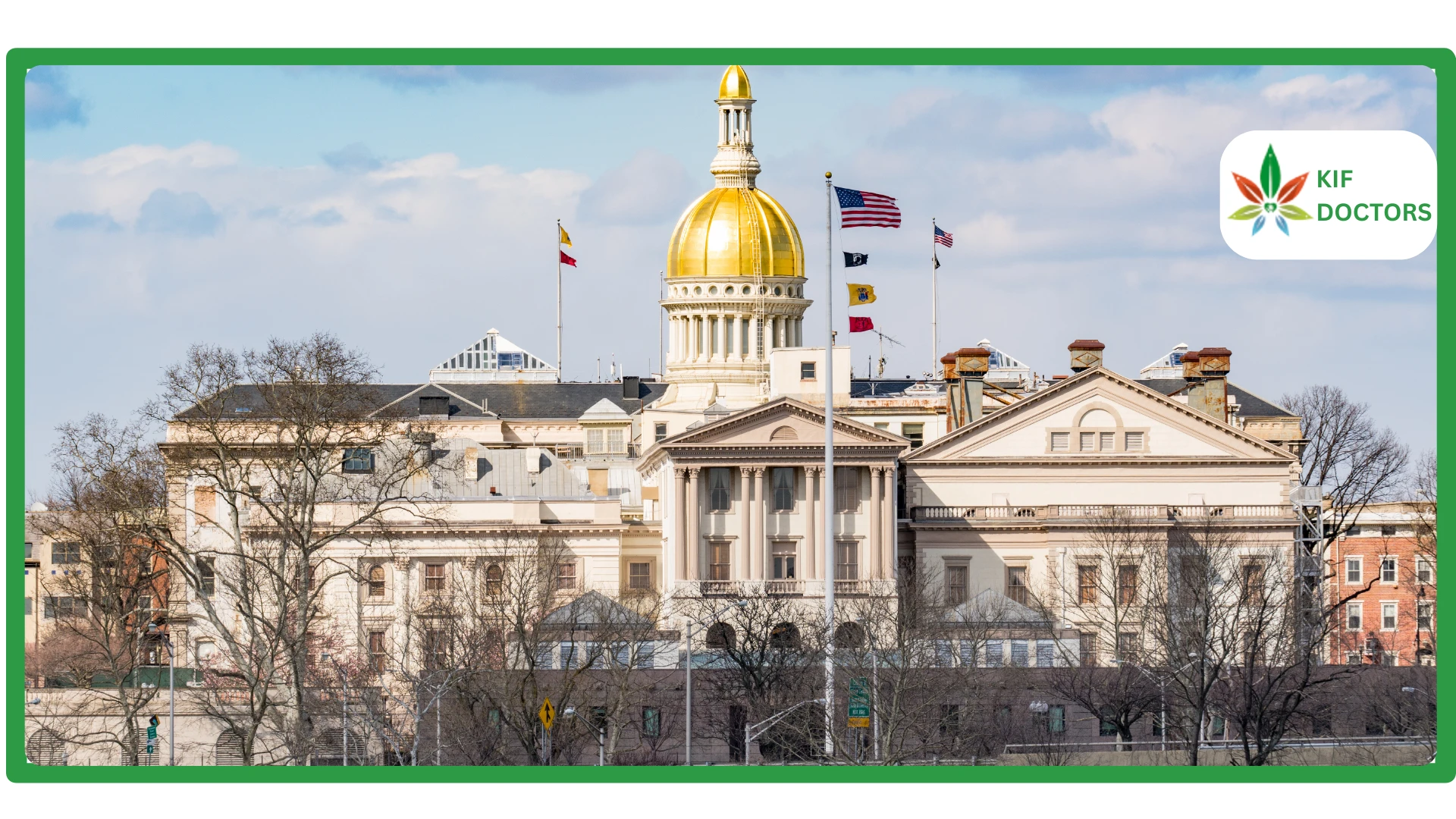If you’re wondering whether weed is legal in Tampa, you’re not alone. With cannabis laws evolving across the United States, it’s easy to feel a little lost about what’s allowed and what’s not—especially in a vibrant city like Tampa, Florida. As of April 9, 2025, the rules around marijuana in Tampa reflect the broader state of Florida’s cautious approach to cannabis. Whether you’re a local, a visitor, or just curious, this guide will walk you through the current laws, medical marijuana options, penalties for breaking the rules, and what the future might hold. Let’s dive in and clear up the haze.
The Basics: Marijuana Laws in Tampa and Florida
Florida has a complicated relationship with marijuana. While some states have fully embraced recreational cannabis, Florida—and by extension, Tampa—hasn’t gone that far yet. Recreational marijuana remains illegal statewide, but medical marijuana is legal for those who qualify. Tampa follows the state’s lead, with a few local twists that make it worth understanding the specifics.
In 2016, Florida voters passed Amendment 2, also known as the Florida Medical Marijuana Legalization Initiative, with a whopping 71% approval. This opened the door for medical cannabis use, allowing patients with certain conditions to access it legally. However, recreational use is still off the table, and possession without a medical card can land you in hot water. Tampa, like other cities in Florida, operates under these state guidelines but has added its own local measures to soften the blow for small-scale possession.
Medical Marijuana in Tampa: What’s Legal?
For those who qualify, medical marijuana is a lifeline in Tampa. The state’s medical marijuana program, overseen by the Florida Department of Health’s Office of Medical Marijuana Use (OMMU), allows patients with specific health conditions to purchase and use cannabis legally. Qualifying conditions include chronic pain, cancer, epilepsy, glaucoma, HIV/AIDS, PTSD, and several others. If you’ve got a diagnosis that fits the bill, you can apply for a Medical Marijuana Use Registry (MMUR) card and start accessing cannabis from licensed dispensaries.
Here’s how it works in practice. Once a doctor certifies that you need medical marijuana, you’ll register with the state and pay a $75 annual fee for your MMUR card. With that card in hand, you can buy up to 2.5 ounces of smokable flower every 35 days or a 70-day supply of other forms like edibles or tinctures, capped at 24,500 mg of THC. Possession limits are strict—you can’t have more than 4 ounces of flower at any one time. These rules are designed to keep things controlled, ensuring patients get what they need without crossing into recreational territory.
Tampa is home to plenty of Medical Marijuana Treatment Centers (MMTCs)—the official term for dispensaries. Big names like Trulieve, Curaleaf, and Fluent operate here, offering everything from flower to vape cartridges to topical creams. If you’re new to the process, I always recommend going for a Medical Marijuana Card Online Instantly. Companies like Kif Doctors make it simple to apply, get approved, and access relief fast—sometimes in minutes. It’s a straightforward way to stay on the right side of the law.
Recreational Marijuana: Still a No-Go in Tampa
Let’s get straight to the point: recreational weed isn’t legal in Tampa or anywhere else in Florida. Despite efforts to change that, including a ballot initiative in November 2024 that fell short of the 60% supermajority needed to pass, the state remains firm on this. Possession of marijuana without a medical card is a crime, and the penalties depend on how much you’re caught with.
In Tampa, though, there’s a bit of leniency for small amounts. Back in 2016, the Tampa City Council voted 5-1 to decriminalize possession of up to 20 grams of marijuana. Instead of facing criminal charges, first-time offenders get a civil citation with a $75 fine. A second offense bumps it to $150, a third to $300, and a fourth tops out at $450. It’s not legalization, but it’s a softer approach than what you’d face outside the city limits or under state law alone.
Beyond 20 grams, though, things get serious fast. Possession of more than 20 grams is a felony in Florida, with penalties ranging from five years in prison and a $5,000 fine for amounts up to 25 pounds, to much harsher sentences for larger quantities. Selling or growing weed without a state license? That’s a felony too, and the consequences can be steep—up to 30 years in prison and fines in the tens of thousands, depending on the scale.
Where Can You Use Marijuana in Tampa?
Even if you’ve got a medical marijuana card, you can’t light up just anywhere. Florida law is strict about where cannabis can be consumed. It’s limited to private residences—your home, apartment, or a friend’s place if they’re okay with it. Public use is a no-no, whether that’s on the streets of Ybor City, at Curtis Hixon Waterfront Park, or on a Tampa Bay beach. You also can’t use it on public transportation, at work (unless your boss explicitly allows it), or in any vehicle, boat, or aircraft.
For medical users, this restriction can feel like a hassle, but it’s rooted in the state’s effort to keep cannabis controlled and out of the public eye. Break this rule, and you could face a misdemeanor charge, even with a valid card. The takeaway? Keep it private, and you’ll stay out of trouble.
Penalties for Breaking Tampa’s Marijuana Laws
So, what happens if you get caught with weed in Tampa without a medical card? The punishment depends on the amount and the context. Here’s a breakdown of what you might face under Florida law, with Tampa’s local decriminalization factored in:
- 20 grams or less in Tampa: A civil citation with a fine ($75 for the first offense, escalating to $450 for the fourth).
- 20 grams or less outside Tampa’s decriminalized rules: A first-degree misdemeanor, up to one year in jail, and a $1,000 fine.
- More than 20 grams up to 25 pounds: A felony, up to five years in prison, and a $5,000 fine.
- 25 to 2,000 pounds: A felony with a mandatory minimum of three years, up to 15 years, and a $25,000 fine.
- 2,000 to 10,000 pounds: A felony with a mandatory minimum of seven years, up to 30 years, and a $50,000 fine.
- 10,000 pounds or more: A felony with a mandatory minimum of 15 years, up to 30 years, and a $200,000 fine.
Possession isn’t the only thing that’ll get you in trouble. Growing marijuana without a state license is illegal for individuals, and penalties mirror those for possession—starting with a felony for even a few plants. Selling weed carries similar risks, with fines and jail time escalating based on the amount. And don’t forget: any conviction comes with a one-year driver’s license suspension in Florida, adding another layer of consequence.
The Hemp Loophole: Delta-8 and Beyond
Here’s where things get interesting. While recreational marijuana is illegal, hemp-derived products like delta-8 THC are widely available in Tampa thanks to a federal loophole. The 2018 Farm Bill legalized hemp with less than 0.3% delta-9 THC, and since delta-8 is technically derived from hemp, it’s sold openly in smoke shops, gas stations, and even some convenience stores.
Delta-8 gives users a milder high than traditional marijuana, and it’s become a popular workaround for those who don’t qualify for a medical card. But there’s a catch: Florida lawmakers have been cracking down. In 2025, bills like SB 1698 are tightening restrictions on delta-8 and similar compounds, limiting concentrations and banning sales to anyone under 21. For now, it’s legal, but the clock might be ticking on this gray-area option.
What About Traveling to Tampa With Weed?
If you’re coming to Tampa from a state where recreational marijuana is legal—like Colorado or California—don’t bring your stash. Florida doesn’t recognize out-of-state marijuana, medical or otherwise. Crossing state lines with cannabis is a federal offense, and even if you’re flying into Tampa International Airport, TSA agents can flag you for possession. If they do, they’ll hand you over to local law enforcement, and you’ll face Florida’s penalties.
For medical users from other states, there’s no reciprocity here either. Your out-of-state medical card won’t hold up in Tampa. If you need cannabis while you’re visiting, you’ll have to establish Florida residency (even temporarily, like a snowbird) and go through the MMUR process. It’s a hassle, but it’s the only legal way to access weed while you’re in town.
The Future of Weed in Tampa
Change could be on the horizon. In November 2024, Florida’s Amendment 3—a push to legalize recreational marijuana for adults 21 and older—got 55.9% of the vote but fell short of the 60% needed to pass. It was a close call, and advocates aren’t giving up. Smart & Safe Florida, the group behind the effort, is already gathering signatures for a 2026 ballot initiative, tweaking the proposal to address critics’ concerns—like banning public smoking and child-friendly packaging.
Public opinion is shifting too. Polls show growing support for legalization, and Tampa’s progressive streak (think decriminalization) suggests the city could embrace broader cannabis reform if the state does. For now, though, recreational weed remains a dream deferred, and medical marijuana is the only legal game in town.
FAQs About Marijuana Laws in Tampa
Can I get a medical marijuana card in Tampa if I’m under 18?
Yes, but it’s trickier. Minors need approval from two qualified physicians and a parent or legal guardian to act as a caregiver. The conditions have to be severe, like a terminal illness, and the process is more rigorous than for adults.
Is it legal to grow my own weed in Tampa?
No. Only state-licensed cultivators can grow marijuana in Florida. If you’re caught with even a single plant at home, it’s a felony—five years in prison and a $5,000 fine, minimum.
What happens if I’m caught smoking weed in public in Tampa?
If you’ve got a medical card, it’s still a misdemeanor—up to a year in jail and a $1,000 fine—because public use isn’t allowed. Without a card, you’re looking at the same penalty, plus possession charges if it’s over 20 grams.
Can I use my out-of-state medical marijuana card in Tampa?
No. Florida doesn’t offer reciprocity, so your out-of-state card isn’t valid here. You’d need to get a Florida MMUR card to buy and use cannabis legally in Tampa.
Are edibles legal in Tampa?
Yes, but only for medical marijuana patients with an MMUR card. Recreational edibles are illegal, and possession without a card can lead to misdemeanor or felony charges based on the amount.
Conclusion
Navigating marijuana laws in Tampa doesn’t have to feel like a maze. Medical cannabis is legal and accessible for those who qualify, with a streamlined process to get your card and plenty of dispensaries to choose from. Recreational weed, though, is still out of reach, and the penalties for breaking the rules can be harsh—especially outside Tampa’s decriminalized 20-gram limit. Whether you’re a patient, a curious resident, or a visitor, staying informed is your best bet for avoiding trouble and making the most of what’s allowed.
The landscape might shift in the coming years, with legalization efforts gaining traction. Until then, play it smart: stick to the medical program if you qualify, steer clear of public use, and keep an eye on the news for updates. Tampa’s a great city—don’t let a weed-related misstep dim your time here.
For more details on Florida’s cannabis laws, check out the Office of Medical Marijuana Use or catch up on recent developments via Tallahassee Democrat.
 Since 2021, Kif offers a streamlined platform to get a medical marijuana card online. We have served more than 45K patients across the United States. Sign Up Now to get the right to use medical cannabis for your health condition without any delay.
Since 2021, Kif offers a streamlined platform to get a medical marijuana card online. We have served more than 45K patients across the United States. Sign Up Now to get the right to use medical cannabis for your health condition without any delay.

























